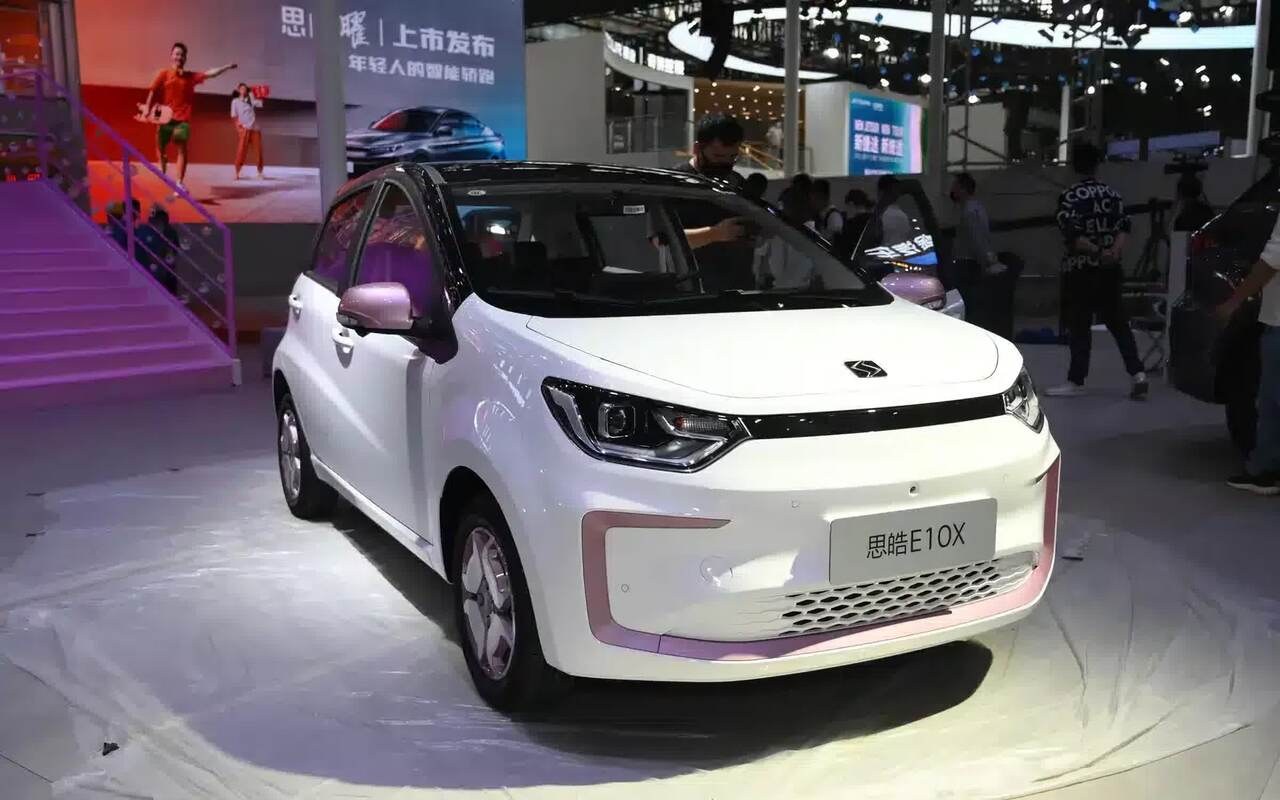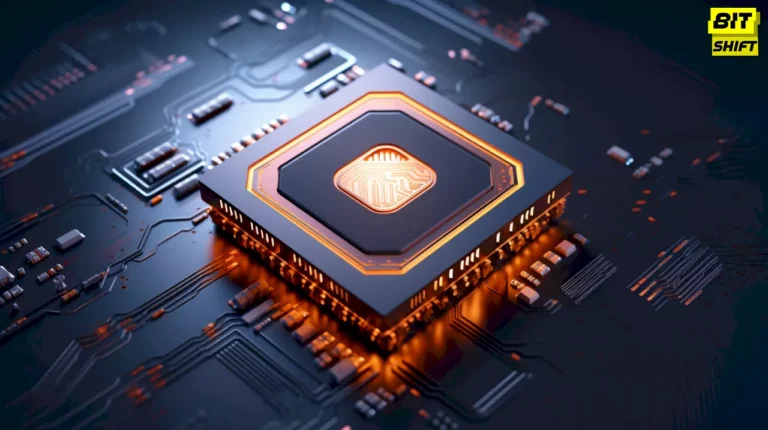
JAC Motors, the Chinese state-owned automobile manufacturer, is going to launch the world’s first mass-produced electric vehicle with a sodium-ion battery. JAC has announced that deliveries will begin in January 2024. The vehicles with a sodium-ion battery have a lower density; however, the lower cost and better performance in cold weather can lead to an acceleration in mass electric vehicle adoption.
Yiwei is the latest brand of JAC, with Volkswagen having a stake of 75 percent. JAC’s parent company, JAG, is half state-owned and half Volkswagen-owned. It led to many controversies when Volkswagen, a German manufacturer, decided to fund the Chinese state-owned car manufacturer. Notably, Volkswagen has funded $700 million in Xpeng, a Chinese electric vehicle manufacturer, and has a 5% ownership stake in the E/E Edward platform.
The Yiwei EV is like the Sehol E10X car, only rebranded, as per an announcement. According to CarNewsChina, the Sehol model has a range of 252 km, a 25 kWh capacity,and a HiNa NaCR32140 cell. JAC announced earlier this year that they would drop the Sehol brand and rebadge the vehicles to either Yiwei or JAC. The new sodium ion EV is the Sehol 10X, as per the pictures. Though JAC has not announced the model’s name, experts are thinking it could be the Yiwei E10X.
Also Read – The New York Times Sues OpenAI and Microsoft for Copyright Infringement
JAC has recently started focusing on the research and development of sodium-ion batteries. In April 2023, JAC presented its first car under the Yiwei brand, known as Yiwei 3, with the EV model launched in June equipped with a LFP lithium battery, and they guaranteed that the sodium ion variant would be launched soon. The maximum capacity of the Yiwei 3 with a 51.5 kWh battery is 505 km CLTC.
The Yiwei EV reportedly uses sodium-ion cells of the HiNa battery that are cylindrical in nature. Then, JAC assembles the batteries in the company’s unitized encapsulation to increase stability and efficiency. The chairman of Yiwei, Xia Shunli, said that sodium-ion batteries will become an important component soon because of their low cost and will increase the popularity of EVs among the masses.





